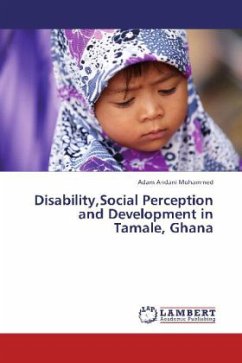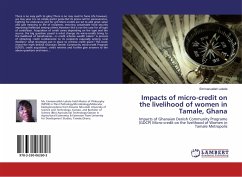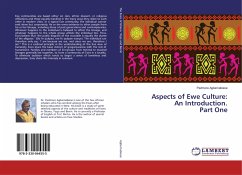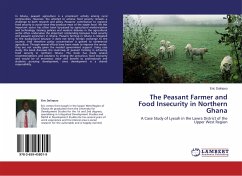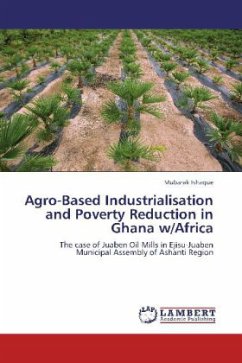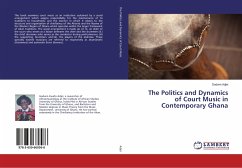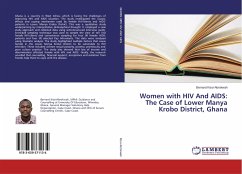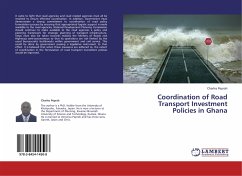Traditionally, people think disability is a tragedy, they think the disabled is a victim and for that matter feel pity for the person and always offer charity. Some think disability is an illness and therefore perceive it as a permanent problem. As such disabled persons, particularly women, have been excluded and prevented from accessing basic social, political and economic rights from the mainstream of the society. This group has fewer chances because of the way things are organized. They are faced with the problem of stigmatization, isolation, discrimination, unemployment and poverty which compels them to depend on friends and relatives for their livelihood. This in turn brought about unmet basic necessities of life, especially for women and children. As a result, there is an increase in the number of beggars on our streets, at work places and at homes. If the disabled persons in general and the disabled women in particular are excluded from the development process to fight poverty, the global resolution of poverty eradication cannot become a reality.
Bitte wählen Sie Ihr Anliegen aus.
Rechnungen
Retourenschein anfordern
Bestellstatus
Storno

